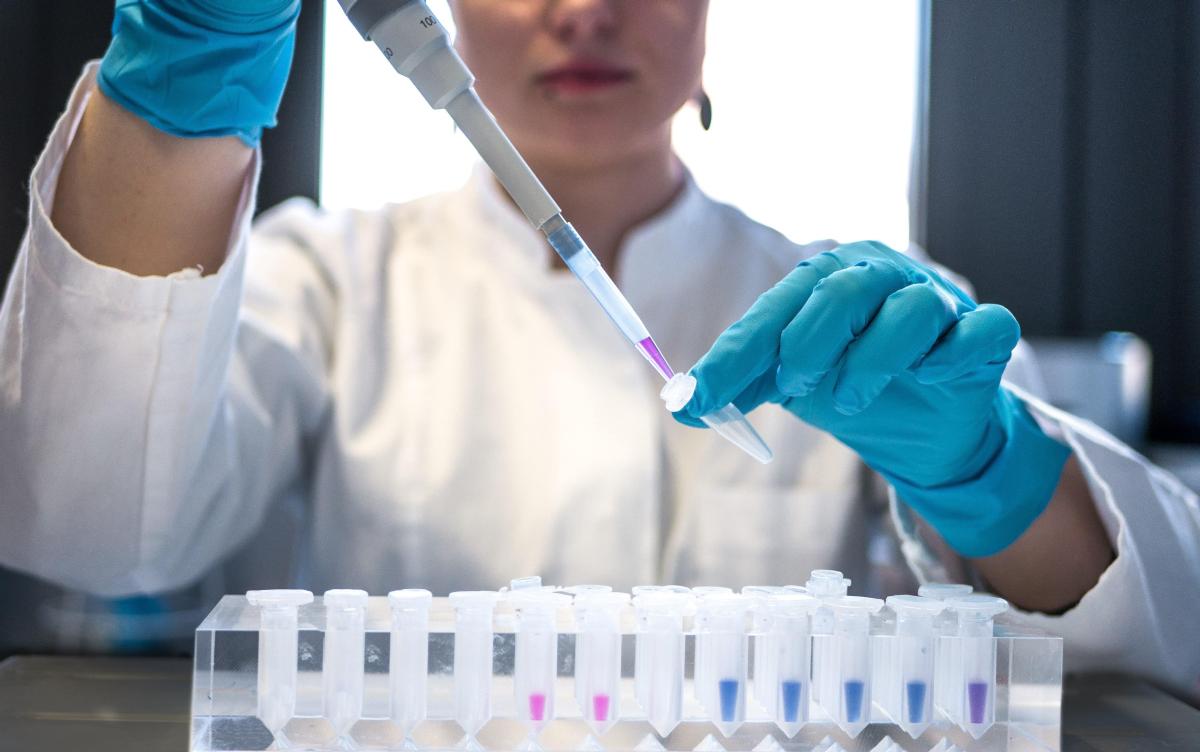Scientists train cells to kill cancer

A radical new treatment for blood cancer that has been proven to save hundreds of lives is now available at Barts Health NHS Trust.
Chimeric antigen receptor T-cell therapy, or CAR-T therapy, uses the body’s own immune system to combat the disease.
As part of the treatment, which is only available at a small number of specialist centres in the UK, a type of white blood cell called T-cells are collected from the patient and programmed in a lab to detect and kill cancerous cells.
Once the cells have multiplied, they are infused back into the bloodstream through a drip, where they get to work over a number of months.
CAR-T therapy is offered to patients with lymphoma or acute lymphoblastic leukaemia for whom all other treatment options have been exhausted and would otherwise be offered palliative chemotherapy.
Patients stay in hospital for around four weeks.
In around 50% of cases, treatment leads to a cure.
Professor John Gribben, a consultant haematologist who leads the service within the Cancer Centre at St Bartholomew’s Hospital, said it was a “game-changing treatment” and a “hugely exciting development for the hospital.”
Patients are carefully selected against strict criteria, which includes an assessment of their heart and lung function.
Side effects from the therapy can include high fever, vomiting, breathing difficulties, confusion, and loss of consciousness.
The first patient was admitted to the hospital this month.
The team hope to expand the service to between 15-20 patients by the end of 2024.
